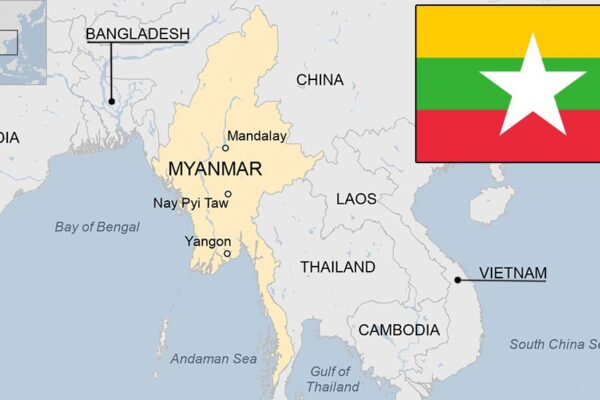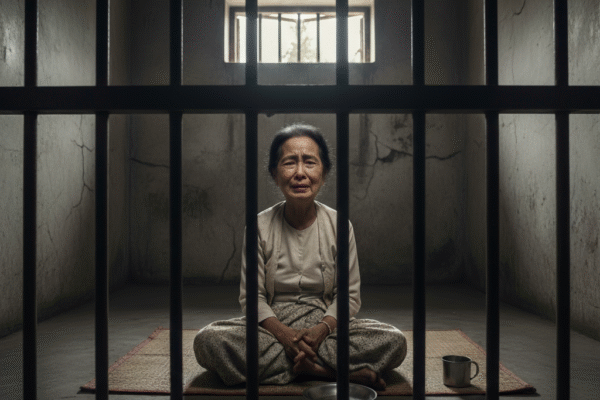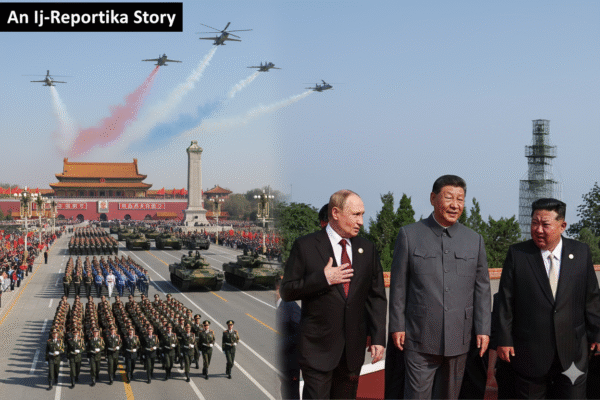Thai security forces clash with Cambodian protesters at disputed border
Thai security forces fired tear gas and rubber bullets as they clashed with Cambodian protesters on Wednesday in a disputed border area. It’s the most significant escalation since they declared a ceasefire to end a deadly five-day conflict in July. Video: Thai security forces clash with Cambodian protesters at disputed borderThe clash took place at a disputed frontier settlement, which Thailand says is part of its Ban Nong Ya Kaew village in Sa Kaeo province, but Cambodia says is part of Prey Chan village in Bantheay Meanchey province. On Wednesday, Cambodia’s information minister Neth Pheaktra accused Thai officials of encroaching across the border, and said they used “tear gas, rubber bullets and noise-making devices against Cambodian civilians.” According to Cambodian government spokesperson Pen Bona, Thai forces used violence to suppress unarmed Cambodian civilians and monks who were protesting peacefully. Cambodian officials said more than two dozen Cambodians were injured in the clash. Thai Army spokesperson Maj. Gen. Winthai Suvaree described the situation as a Cambodian mob encroaching on Thai territory, obstructing operations and destroying official property. He said Thai authorities regarded the incident as a provocation and an intentional violation of the ceasefire agreement. This image released by Agence Kampuchea Presse shows Thai soldiers carrying barbed wire in a disputed Thai-Cambodia border in Banteay Meanchey province, Sept. 17, 2025.(Agence Kampuchea Presse via AFP) On Wednesday, Cambodia’s Prime Minister Hun Manet called for international intervention, urging pressure on Thailand to respect the ceasefire and fully adhere to Cambodia-Thailand agreements. The two nations’ competing territorial claims stem largely from a 1907 map drawn when Cambodia was under French colonial rule, which Thailand has argued is inaccurate. The International Court of Justice in 1962 awarded sovereignty to Cambodia over an area that included the 1,000-year-old Preah Vihear temple, which still riles many Thais. The court has since reaffirmed its judgement. In June, Cambodia proposed returning to the international court to sort out the border in the disputed areas, a proposal Thailand firmly rejected. With reporting by Pimuk Rakkanam, RFA Khmer, Reuters and AP. We are : Investigative Journalism Reportika Investigative Reports Daily Reports Interviews Surveys Reportika








